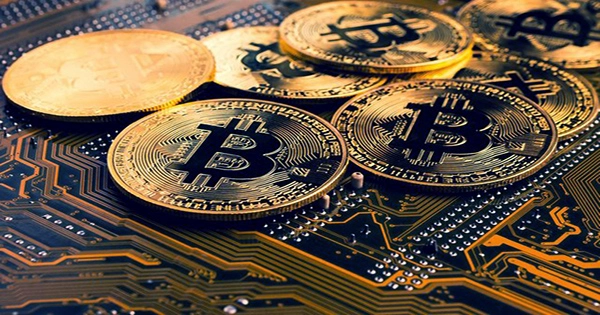Blockchain, Crypto, Cryptocurrency, and NFTs are all buzzwords in the media these days, but what exactly do they mean? What’s the big deal about them? And what effect do they have on the rest of the world? IFLScience has you covered on everything from a new type of currency to odd DNA hacking stories to the formation of a “religion” and the startling crypto carbon footprint.
Bitcoin has been dubbed the “end of money as we know it” and a “currency for our times” since it is decentralized and designed primarily for online transactions. That is, it would be if everyone understood what it was and was willing to utilize it. NFTs are viewed as a revolution in the realm of art by some, a transitory fad by others, and an outright disaster for the environment by many.

Bitcoin is still trembling after a stumbling start to 2022 — a new year’s flop that was unexpected even by cryptocurrency’s ever-unpredictable norms. Bitcoin has been dubbed “the first authentic religion of the twenty-first century” by Bloomberg’s Lorcan Roche Kelly. The Church of Bitcoin, which was created in 2017, expressly refers to Satoshi Nakamoto, the famed Bitcoin founder, as its “prophet.”
A hamster is having the time of his life, shattering the self-esteem of traders all around the world by buying and selling cryptocurrencies better than even expert financial investors. According to a new study, the energy-intensive process of bitcoin mining in China might eventually produce 130.50 million metric tons of carbon emissions per year, which is more than the Czech Republic’s yearly output in 2016.
According to a report by Chainalysis, North Korean hackers stole at least $400 million in digital assets in at least seven cyber heists on cryptocurrency platforms last year. They claim they’ll take that key and break it down with the help of a “biological business” into “matching ATGC sequence modified by quaternary encoding, which goes into the mice for fertilization.” Speculators are concerned. “Bitcoin’s broad marketing reminds us of stockbrokers’ activities in the run-up to the 1929 crisis.”
Russia, one of the world’s largest Bitcoin mining centers, has suggested a ban on all cryptocurrency operations in the country, thereby outlawing the purchase of bitcoin for fiat currency and prohibiting financial institutions from conducting any cryptocurrency transactions. China’s central bank has stepped up its efforts to squash bitcoin, announcing that all cryptocurrency transactions are now illegal, virtually suggesting an outright prohibition.
















